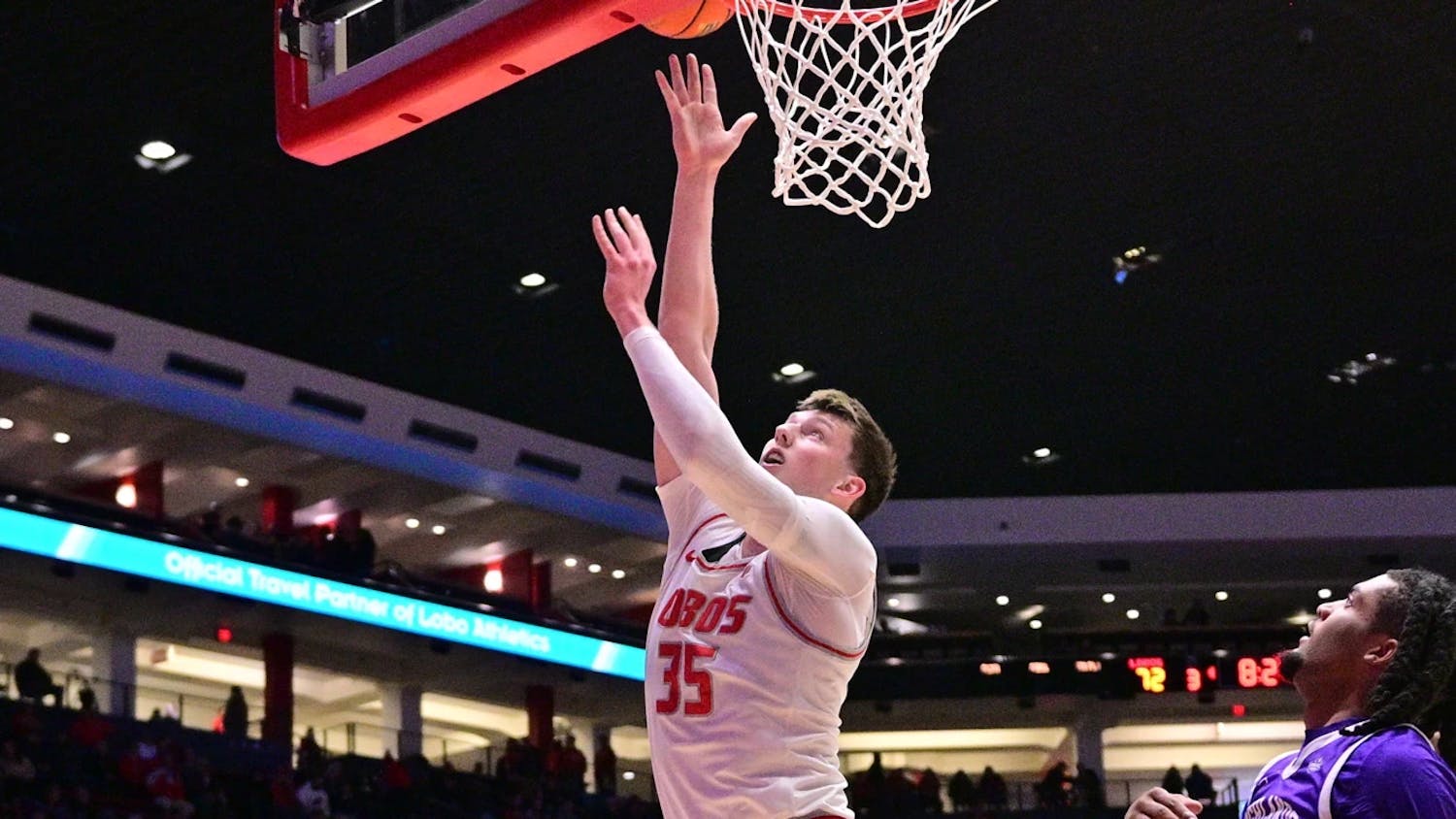A student has to write a report on Joan of Arc for her history class. She goes home and flips open her mother’s laptop, hitting the Google Chrome button on the bottom of the screen. The icon brings up the search engine for her instantly, and she types in “Joan of Arc.”
It doesn’t matter if she even spells “Joan of Arc” correctly; it doesn’t even matter that she doesn’t know the last name of the individual she is researching. With the three simple words, “Joan of Arc,” the search engine comes to life, instantly connecting her to 29,700,000, results all providing information on the historical figure.
And isn’t that amazing?
Now, more than ever, we have the power of information at our fingertips. The amount of work and research that used to go into something as simple as a history report would now be inconceivable to the average middle schooler who has grown up with the internet.
But as unbelievable as that may be, it is even more mind-boggling to consider the technology now taken for granted, by both children and adults alike, has really not been around that long.
Even the much-used Google search engine didn’t begin until 1995 at Stanford University, created in a dorm, using links to determine the importance of individual pages on the internet. 1995 may be the distant past to some individuals, but it is very much still within my lifetime as well as many others. Furthermore, to even consider the change Google has made since then should be either impressive or daunting.
While the internet is certainly used for more than just information gathering, this aspect of the internet often goes unnoticed and underutilized. The answer may be more complicated than it should be.
Let’s go back to that little girl and her history project. Google has given her 29,700,000 results on Joan of Arc. But just because these are the results given to her by Google doesn’t mean that she knows how to interpret them or understand which give her accurate information on the historical figure and which do not.
An article by NPR titled “Fake Or Real? How To Self-Check The News And Get The Facts” referred to a study by Stanford University researchers, which showed that many media consumers do not fact check. The study revealed more than just that — it also revealed that many do not know the difference between misinformation and facts when presented.
With this, we see a larger problem looming over our heads. We live in an age where information on literally anything is at your fingertips, but we don’t as a society completely know how to handle that in a responsible matter.
A Pew Research study created Dec. 15, 2016 revealed 23 percent of Americans have contributed to the spread of false news stories and 14 percent of this 23 percent have shared them knowing the news stories were made up.
We must remember that the news we read today becomes the history that others may read in the future. Much like the internet, both present and past are connected in an interwoven web.
Get content from The Daily Lobo delivered to your inbox
Long gone are the days where students, professors, researchers and even journalists had to depend purely on hard copies of books, reports and articles. We live in an age where you can look up information on an historical figure who has been dead since 1431 in a matter of seconds.
And that information is and will always be a mix of both fact and fiction. So how does that little girl write her history report?
Does she click instantly on the first link and hope it’s accurate?
Not precisely.
While understanding how to utilize the internet may seem like an impossible task when presented with the knowledge that you will be shown both fact and fiction in your search results, finding accurate and factual information is not entirely impossible for even a middle schooler to do, much less an adult.
Like with all things, it takes time. Bothering to click not just on the first link you find, but doing a check on the site you choose to ensure the source is credible is absolutely essential. Unsurprisingly, the task of finding accurate information on the internet is one that is as old as the internet itself.
While the internet isn’t that old, the magic of having the information at your fingertips does come into play when utilizing information from those who have studied this task.
Many universities and schools will have their own web pages to show you how to utilize information on the internet and determine it’s accuracy. One example can be found on UNM’s Taos campus’ Writing Toolbox webpage, which will to tell you to ask yourself simple questions such as whether the author of the information is listed on the page or what the domain name/URL tells you about the source you are viewing.
The internet is truly a modern marvel, whether it is used responsibly or not. The amount of impact the information provided on a webpage can make is one that is much more far-reaching now more than ever. Questioning this information and taking the time to ensure it’s accurate before either using it or spreading it can make a difference on how accurately the present and past are perceived.
Nichole Harwood is the culture editor at the Daily Lobo. She primarily covers alumni and art features. The views presented in this column are her own. She can be contacted at culture@dailylobo.com or on Twitter @Nolidoli1.





